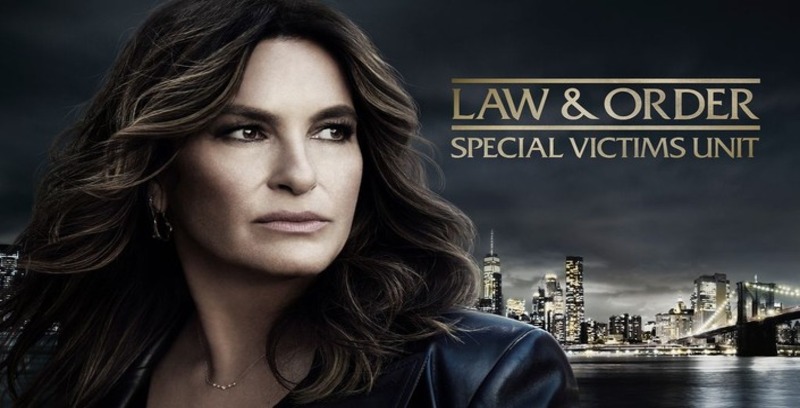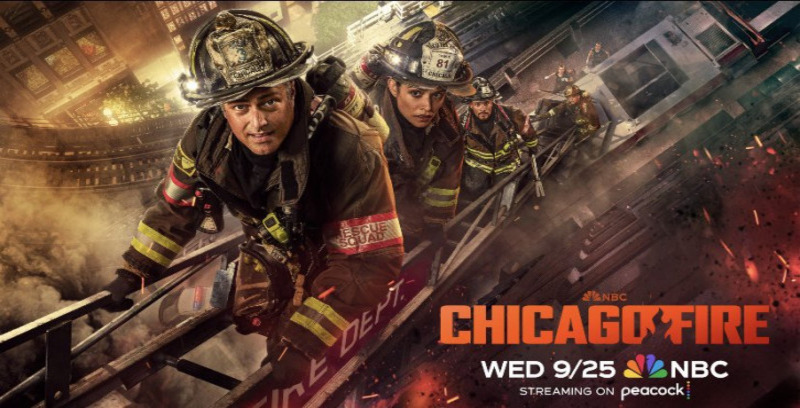Borrowing from films like Gladiator and mixing in with elements of stoner comedy; this film feels like a revisionist western that shouldn’t really work as well as it does. His stylish direction gives him a flair that is almost unrivalled; and composing the score himself creates an instant mood – as a music producer background you’d expect nothing less, and the aesthetics he brings to The Book of Clarence really shines in selling the mood. The film brings forth the final days of Christ to the modern era in a way that counterbalances Scorsese’s The Last Temptation of Christ – rife with eccentric, daring risks that need to be taken. Much of the belief in the risks comes from the energy of Stanfield’s performance who is instantly likeable; with a well-rounded supporting cast that include Omar Sy as a newly freed invincible Gladiator – and Teyana Taylor as Mary Magdalene, who’s just beat Clarence in a Chariot race when we meet them both. The madcap energy of The Book of Clarence is evident from the start – and it keeps up that pace throughout.
Sprawling and chaotic it takes a while for The Book of Clarence to find its rhythm and Samuel sets out to go big from the start: he’s aware of the connotations of making a biblical epic in 2023; a genre that peaked in the 1950s – and the film’s spin away from Jesus in favour of telling Clarence’s story makes it for a laugh-a-minute riot; the grand-standing projections of his fraud that he tries to bring his Messiah status to the public at large are quickly seen through as a ruse by some, less so by others: and the balancing act of the clashes with his brother Paul make this an entertaining watch whilst avoiding the temptation to dip into parable territory. It’s never preachy but to call it not self-indulgent would be wrong, this is Samuel making the film that he’s wanted to make for a long time. It’s no surprise that for all the comedy this film ultimately gives way to a degree of sincerity in faith and belief.
But that said: the humour is on point and incredibly; It doesn’t completely undermine the film’s final moments as a big shot in the first act is repurposed in the final one with little hint of a surprise or twist – it’s where The Book of Clarence dares to be at its most conventional, which is a real shame. But what we lose in convention we gain in the arrival of the Romans – with James McAvoy, complete with eye-liner, as a Pontius Pilate – and Benedict Cumberbatch’s cameo had the entire screen that I saw The Book of Clarence in hooting and hollering with laughter; executed in a way that – whilst going quite some way to undermine the tension of the final act, gives the film one last bow to wrap it up in.
The film shows Stanfield’s range as a movie star; able to hold audience’s attention at will. Where the film is lacking is Samuel’s style over substance, a visual album in parts more than a film: The Harder They Fall drew the same criticisms that will affect The Book of Clarence; and there’s no new jokes about the biblical epic that hasn’t been told before, you’ll get a sense of familiarity with a lot of them. But all the same it’s hard not to admire the energy that Samuels brings to the camera – and it’s sure to be a crowd-pleaser.














